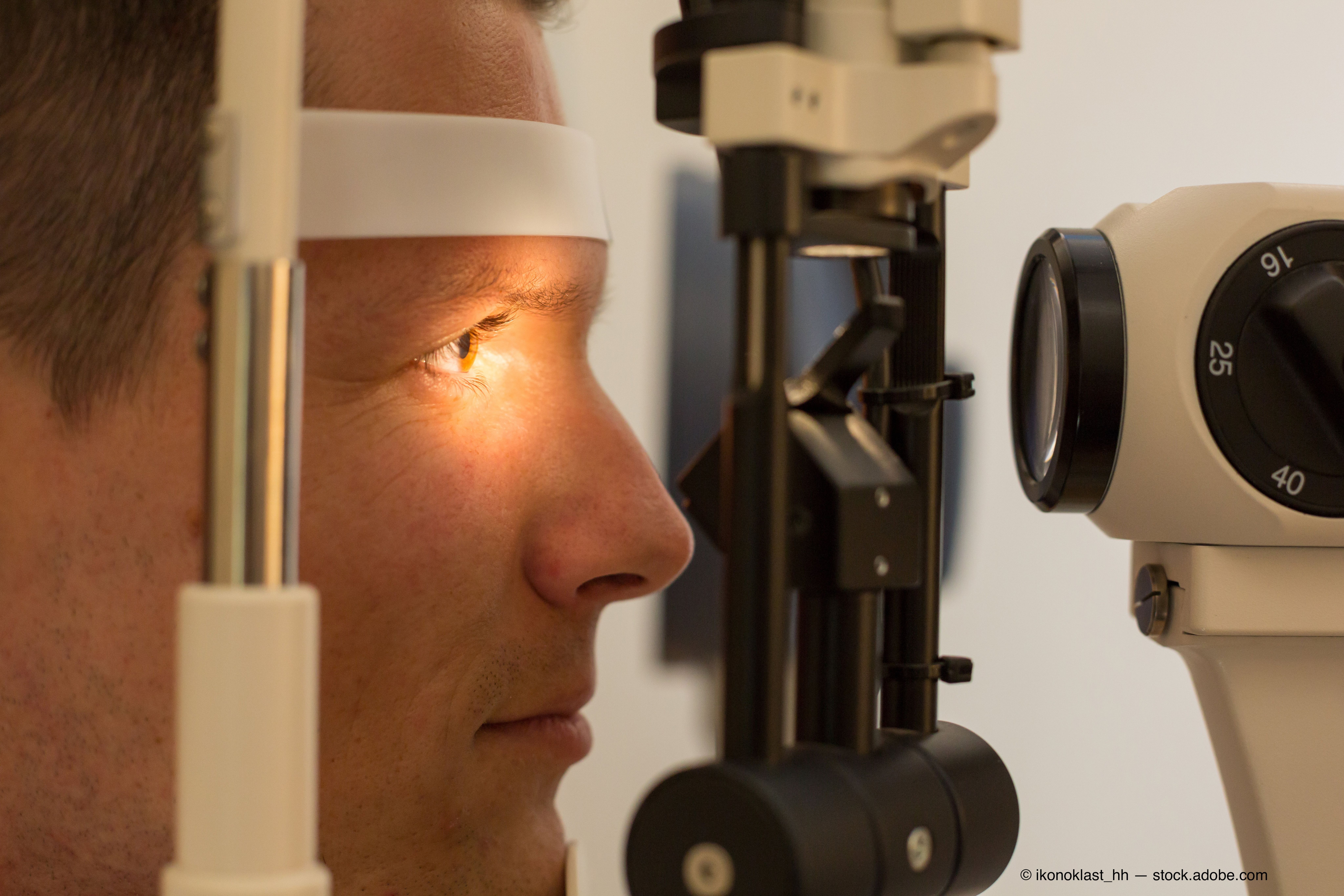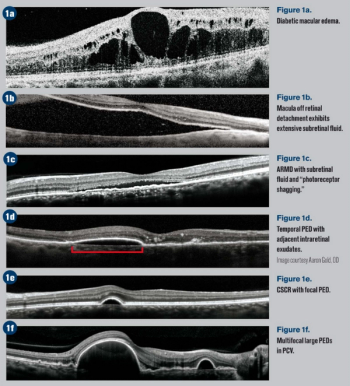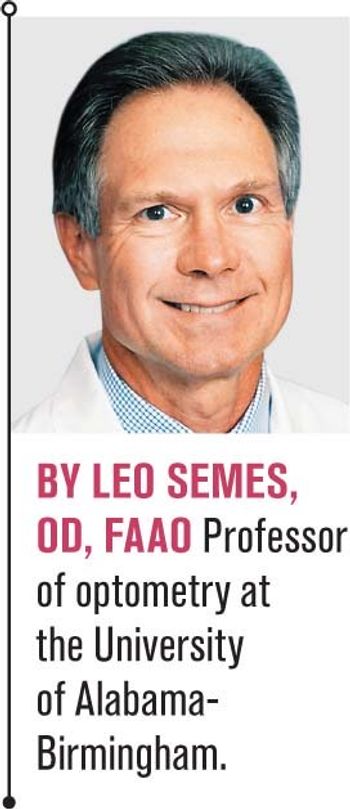
A 16-year-old female was scheduled for her periodic ophthalmic evaluation to update her spectacle lens prescription. At the visit, she reported a history of migraines, but the remainder of her personal and family medical history was non-contributory. She took no medications and had a history of low hyperopic refractive correction.















































.png)


